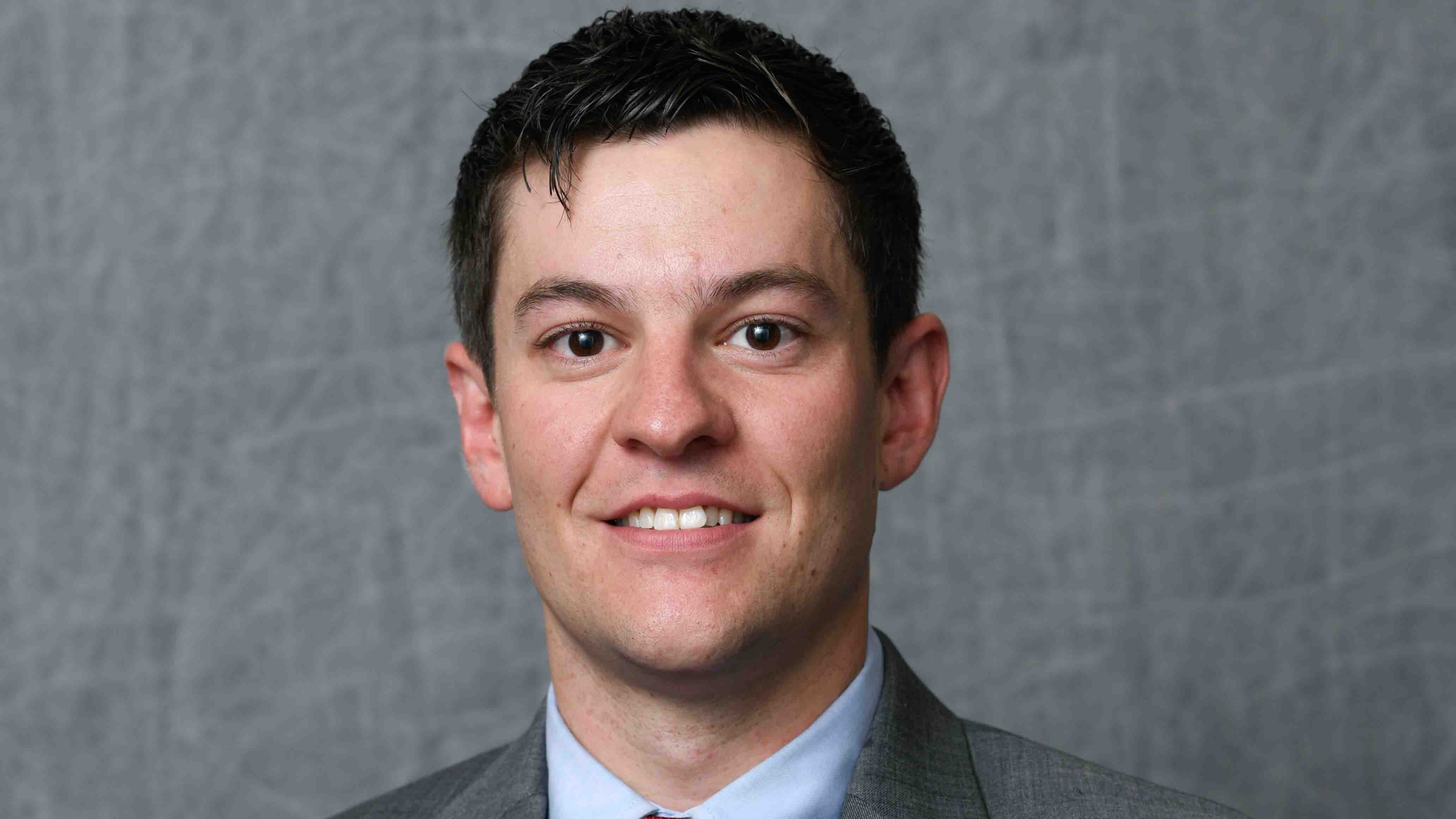Abram Rodd MBA’20

By Brian Pezzulo MBA’20
Abram Rodd is a first year Jenkins MBA Candidate with a Supply Chain Management concentration. He joined the program after transitioning from the US Army last year after serving 10 years as a logistics officer. In his previous career, he worked in many diverse and international environments handling distribution, supply chain, procurement, contracting, and operations management.
How did you decide on NC State for your MBA?
I selected NC State because I thought it would provide me the best balance of expected return on investment and the fact that the cohorts have a better instructor-to-student ratio than many other programs. I felt the values of the University, Poole College of Management, and Jenkins as a whole were a good match for my values and motivations.
How have you managed your time throughout the MBA Program?
Time management is one of the most difficult tasks of being in the MBA program because it is so intense, and it is also one of my known weaknesses. I manage my time manually with a daily planner and color-coded blocks for class time and meetings, work schedule, and personal things, including blocking off times for specific homework or project assignments. If I don’t write it down and adhere to the schedule, I know I would forget something.
What are some of the classes you have enjoyed and would recommend to someone interested in concentrating Supply Chain?
Besides the core Supply Chain course, I would highly recommend MBA 590 Predictive Analytics for Business because it is extremely applicable to analyzing supply chain management, which you will take part in projects and practicums. I would also recommend taking innovation classes because they help you learn how to work outside the box and create innovative solutions for complex supply chain problems.
Can you describe your experience working with clients on real supply chain issues while at NC State?
I’m currently working on a team that is a mix of MBA candidates and Engineering Graduate Students working for a client that has a problem with developing pricing models because they are missing data that links workload to costs for pricing. Using data analysis and imputation, we are developing models that will help the client provide competitive pricing for their customers. The project is exciting because we are providing real problem-solving solutions to a Fortune 500 company that could have large impacts on their supply chain operations.
Do you have an internship lined up for the summer?
For summer 2019, I’ve been hired by John Deere Agricultural and Turf Division. I’ll be working on a continual cost improvement team that sources parts for a manufacturing facility.
Can you describe the internship seeking process and what you did to stand out?
I got my internship by networking with the company prior to the Fall ‘18 PCOM Career Fair and then securing an interview by visiting the John Deere booth at the career fair. You have to be able to look and speak the part. Companies understand that you may not have direct experience in their sector, but you have to know how to relate experiences and success you have achieved in the past to their business. John Deere told me I stood out by having a clear resume, professional experience, and engaging with them effectively in a positive manner. I also followed up each interaction with either an emailed letter or LinkedIn network request with a positive note about our interaction.
What skills did you leverage from your military experience that helped you land an internship?
In my case, the company was more interested in the non-tangible behavioral aspects of the candidates they were interviewing, so the biggest thing for me translating how my behaviors as a military leader could transfer into their work environment. I think in the military, we were open and honest about failure, and how to develop a plan to improve upon past failures, and being able to talk about something in a positive manner in an interview room about something that seems negative was definitely a plus for me.
What are the similarities and differences between supply chain in the military and what you are being taught in the Jenkins Program?
The biggest similarity is that you are constantly trying to solve complex problems with limited resources. There is a common misconception that in the military you can just throw money at a problem until it isn’t a problem anymore, but that couldn’t be further from the truth. Understanding how to develop solutions in a resource constrained environment has helped me be successful. For me, the difference is that in the former, I was trying to just not go over budget, but in the later, I’m learning how to find ways to make a profit. I’m also learning how to develop solutions based on data analytics instead of a rigid set of processes and rules.
What are your plans for after graduation?
I plan to build on what I learn in Jenkins and my internship at John Deere to expand a career into manufacturing supply chain. Regardless of where I end up, my goal is to make a positive impact on others, and work in an organization with values that support that end.
- Categories:


